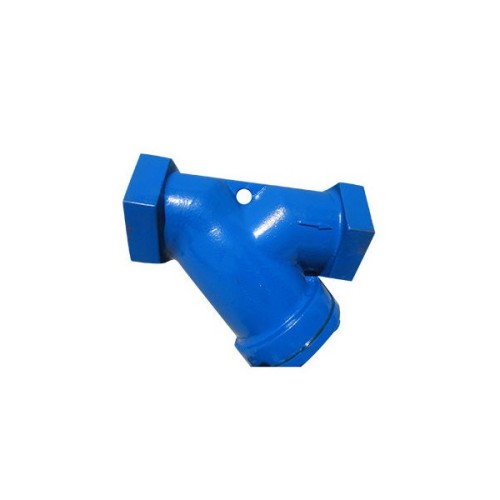globe valve cast iron
Understanding Cast Iron Globe Valves A Comprehensive Overview
In various industrial applications, the need for effective flow control is critical. One of the most reliable devices used for this purpose is the globe valve, particularly those made from cast iron. This article delves into the features, benefits, applications, and considerations of cast iron globe valves, providing a detailed understanding for engineers, inventory managers, and maintenance professionals.
1. What is a Globe Valve?
A globe valve is a type of valve used to regulate flow in a piping system. Its name derives from its spherical body shape, which allows fluid to pass through in a controlled manner. The valve features a movable disk (the plug) and a stationary ring seat in a generally spherical body. This design creates a larger surface area for the seat and plug to contact, ensuring strong flow regulation capabilities.
2. Material Overview Cast Iron
Cast iron is a popular choice for manufacturing valves because of its excellent durability, high wear resistance, and cost-effectiveness. This material is able to withstand high pressure and temperature variations, making it suitable for many applications. Additionally, cast iron has good anti-corrosive properties, particularly when treated with protective coatings.
3. Advantages of Cast Iron Globe Valves
- Durability Cast iron globe valves are known for their long life expectancy. They can endure significant wear and tear over extensive periods, minimizing the frequency of replacements and repairs. - Cost-Effectiveness Compared to valves made from more expensive materials, cast iron globe valves provide a budget-friendly solution without sacrificing quality or reliability.
- Thermal Stability Cast iron can withstand a wide temperature range, making it ideal for various fluid handling systems, including those involving steam, water, and other chemicals.
- Ease of Maintenance These valves are designed for easy maintenance, with accessible components that allow for straightforward repairs, thereby minimizing downtime in industrial settings.
4. Applications of Cast Iron Globe Valves
Cast iron globe valves are versatile and find applications in numerous sectors, including
globe valve cast iron

- Waterworks From municipal water systems to wastewater management, these valves control the flow of water effectively, preventing backflow and ensuring system integrity.
- Heating Systems In commercial and residential heating applications, globe valves help in regulating steam and hot water flows, contributing to optimal energy efficiency.
- Power Generation In power plants, cast iron globe valves control steam and other fluids in various processes, playing a crucial role in maintaining operational safety and efficiency.
- Chemical Processing These valves are suitable for handling corrosive substances when appropriate coatings or liners are applied, enhancing their longevity in harsh conditions.
5. Considerations When Using Cast Iron Globe Valves
While cast iron globe valves offer numerous advantages, there are considerations to keep in mind
- Weight Cast iron valves are heavier than those made from alternative materials (e.g., plastic or aluminum), which may impact installation processes and structural support needs.
- Temperature Limitations Although cast iron performs well within a specific temperature range, exceeding these limits can result in deformation or failure. It’s essential to check the manufacturer’s specifications.
- Corrosion Potential While cast iron itself resists corrosion, improper handling and environmental factors can lead to rusting. Applying protective coatings is often necessary to enhance durability.
6. Conclusion
In summary, cast iron globe valves play an essential role in industrial applications where flow control is paramount. Their robust construction, cost-effectiveness, and versatility make them a staple in many engineering solutions. By understanding the advantages and proper applications of these valves, professionals across various industries can ensure optimal performance and longevity in their systems. Whether in water treatment, heating, or chemical processing, cast iron globe valves continue to be a reliable choice for managing fluid flow effectively. As technology advances, ongoing innovation in valve design and materials will further enhance the functionality of these crucial devices, ensuring their relevance and efficiency in future applications.
-
The Key to Fluid Control: Exploring the Advantages of Ball Valves in Industrial SystemsNewsJul.09,2025
-
The Versatile World of 1, 2, and 3 Piece Ball ValvesNewsJul.09,2025
-
Stainless Steel Ball Valves: The Ideal Choice for Efficient Flow ControlNewsJul.09,2025
-
Optimizing Fluid Control with Ball Float ValvesNewsJul.09,2025
-
Manual Gate Valves: Essential for Control and EfficiencyNewsJul.09,2025
-
Everything You Need to Know About Butterfly ValvesNewsJul.09,2025
-
The Versatility of Wafer Type Butterfly ValvesNewsJul.08,2025




